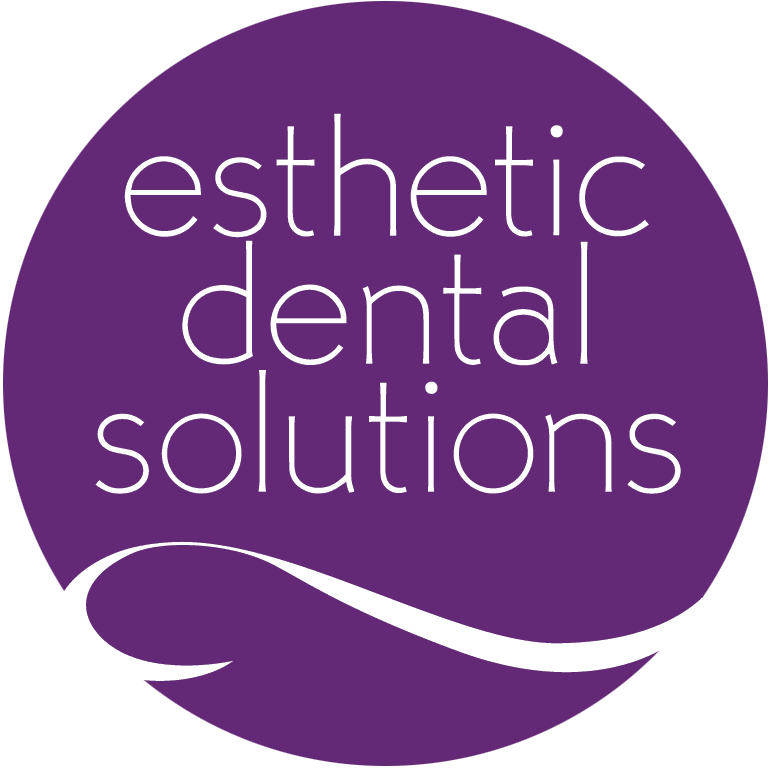Do you suffer from chronic jaw pain?
If you suffer from persistent jaw pain, Esthetic Dental Solutions is here to help relieve you of your symptoms. Jaw pain is usually the result of an issue with the temporomandibular joint of your jaw. When there is damage or inflammation surrounding this joint, patients may experience painful, debilitating symptoms like headaches, earaches, or have difficulty chewing and speaking.
To treat jaw pain, our team utilizes TMJ treatment plans to help relieve your symptoms. As your trusted restorative dentist in Alpharetta and Roswell, GA, Dr. Hedlund is here to help you restore your peace of mind as well as your dental health. Our entire team understands how distracting it can be to experience persistent jaw pain on a daily basis. Our office also provides restorative dentistry treatments to new and existing patients.

TMJ Treatment in Alpharetta, GA
When you have a TMJ disorder, this means that your jaw joints and mouth muscles are withstanding more pressure than normal. There can be several causes for a TMJ disorder including teeth grinding, tooth decay, or a malfunction in your bite pattern. Dr. Hedlund will evaluate the current condition of your teeth, gums, and jaw to determine what the cause of your TMJ is. Then, she will offer you a treatment plan that best meets your needs.
TMJ treatment FAQs
What are the symptoms of a TMJ disorder?
Patients experiencing a TMJ disorder may have the following symptoms:
- Jaw pain or soreness
- Pain around the temporomandibular joints.
- Earaches
- Worn-down teeth
- Difficulty chewing or speaking
- Locked-jaw
- Popping or clicking noise when chewing or speaking
How can a night guard help my TMJ disorder?
If your TMJ disorder is the result of teeth grinding, a night guard can help relieve your symptoms by holding your jaw in a healthy resting position while you sleep. This takes the pressure off your jaw while you sleep and prevents you from clenching or grinding your teeth together.
Patients whose TMJ disorder stems from teeth grinding might notice headaches or facial soreness specifically in the morning after they wake up. You should report these symptoms to Dr. Hedlund at your appointment.
What should you not do with TMJ?
Patients with TMJ should avoid chewing gum, eating hard foods, and chewing with one side. Patients should also correct their posture if they struggle with TMJ. Poor posture can cause muscle tension leading to worsened TMJ symptoms.
How long does it take for TMJ to get better?
TMJ can take anywhere from a couple of weeks to a couple of months to get better. The time it takes to recover from TMJ depends on the severity.
What other forms of TMJ treatment are available?
TMJ disorders can be caused by a variety of issues. If you are missing teeth, you can develop a TMJ disorder because your remaining teeth and mouth muscles are forced to work harder to make up for this lack of dental support. This applies pressure to your jaw bone, which can over time develop into a TMJ disorder. If this is the case, Dr. Hedlund can provide you with a variety of tooth replacement options to help restore the function of your bite pattern and relieve your jaw muscles.
Additionally, TMJ disorders can benefit from orthodontic care. If your bite pattern is thrown off due to crooked teeth affecting your bite pattern, orthodontic solutions can help adjust your teeth and bite pattern effectively. Dr. Hedlund can make personalized suggestions on your treatment approach when you come to see her at your next appointment.
Schedule a Consultation for TMJ Treatment in Alpharetta, GA
If you suspect you may be in need of TMJ treatment in Alpharetta, GA, schedule an appointment online today or call our office at 678-352-1333. We look forward to meeting with you soon.
